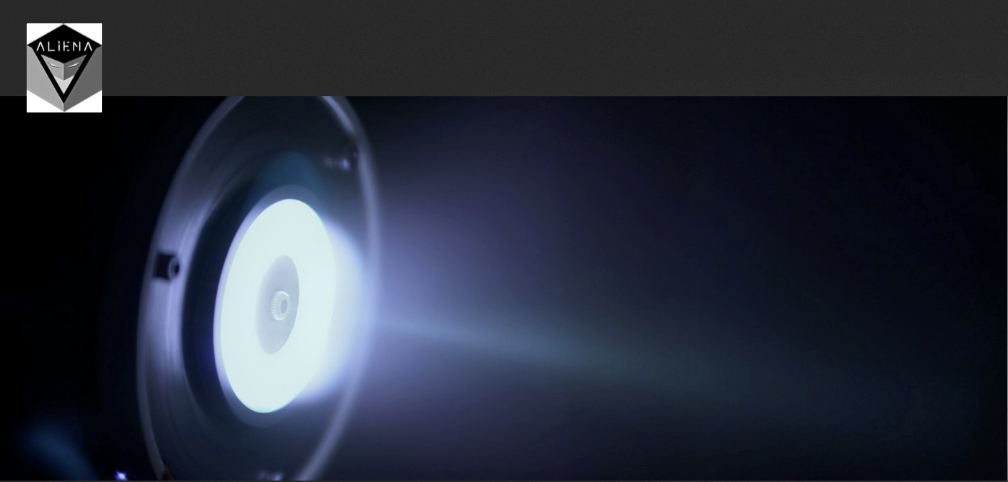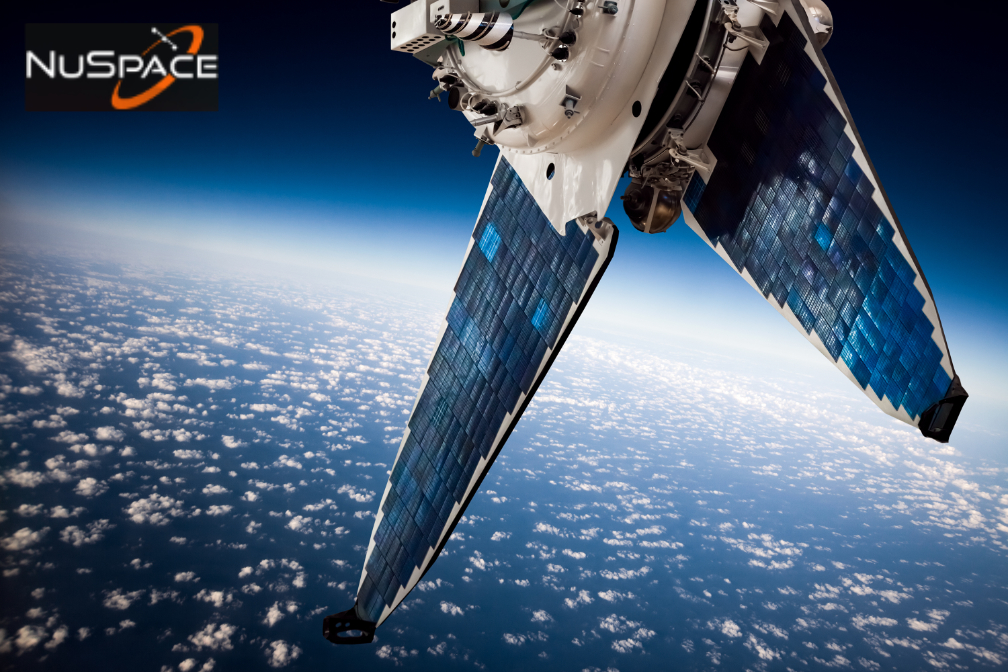
Aliena Pte. Ltd. (Aliena), a company that enables mobility of smallsats through the firm’s core-technology — Hall thrusters — has deployed their engines on the smallest satellite on-orbit to host such a propulsion system.
The Hall thruster was integrated on a 3U smallsat — NuX-1 — made and owned by satellite IoT company NuSpace, and was brought to orbit by a SpaceX Falcon 9 via the Transporter-3 mission. The Hall thrusters that were developed for this mission are GEO-Hall thrusters that are sub-10 W class systems that were designed specifically to cater to meet the most demanding smallsat operations.

A constraint in the operational deployment of conventional Hall thrusters include the power consumption of such systems that make it challenging for incorporation onboard smallsats, due to the limited power generation and storage capacities available on such small platforms. The GEO-Hall thrusters were designed to operate below the 10 W regime and have demonstrated capability to fit within extremely small form-factors, thereby heralding new potential opportunities for smallsats to consider the use of such systems for emerging missions and operations.
Aliena has achieved a milestone reduction in power consumption for Hall thrusters through the use of a novel ignition and neutralization scheme that was developed internally by the company. Additionally, this novel system allows for instant-ignition of the systems without requirement for the engines to be in a hot-standby mode or for warm-up cycles prior to firing, which are common drawbacks of systems that utilize active cathode neutralizers or solid fuel.
This unique feature enables more agile operations to be executed through on-demand propulsion while not compromising on the form-factor and power budgets of the satellites, making it an extremely attractive option for smallsat operators through provision of more payload volume, and power budgets to be diverted for actual operations.
Aliena also has microsatellite-class engines (MUSIC) that will be first deployed on a 12U smallsat platform in 2023 with Orbital Astronautic’s ORB-12 Strider mission, and has since secured separate orders from an undisclosed customer. Aliena is currently taking sales inquiries and orders from interested parties.
“As the space industry continues to grow exponentially and rapidly, Aliena aims to address a growing demand for in-space mobility through our plasma engines., said Dr. Lim Jian Wei Mark, CEO of Aliena. “Once a nascent market, we have seen a sudden surge in the number of space-tech companies being incorporated to capitalize on the cost effectiveness of small satellites and accessibility to space to deploy their own constellations that will impact terrestrial and extra-terrestrial businesses. We want to enable these emerging operations and to help catalyse new business opportunities in space through the provision of unprecedented mobility to spacecrafts and allow for them to execute the most challenging of missions.”
